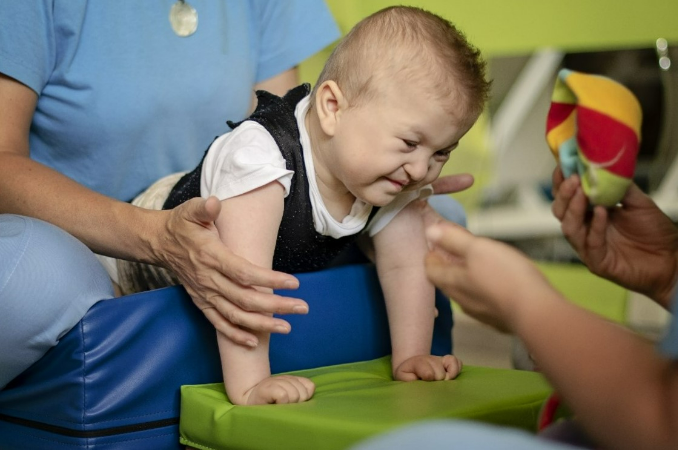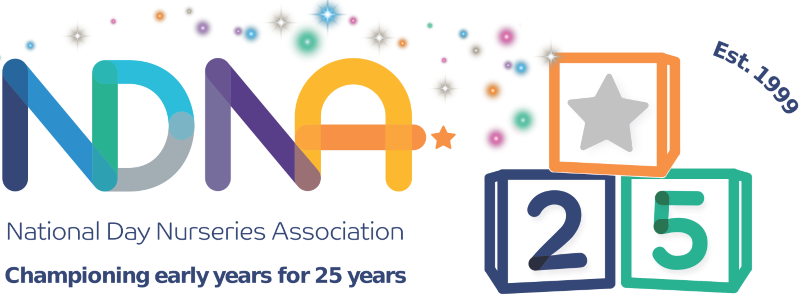Inclusive practice recognises, values and promotes the diversity of children and families, and ensures they receive equitable treatment, representation, opportunities and respect.
Inclusive practice respects and responds to the unique experiences of children and their families, ensuring that all children receive appropriate support to participate fully in learning, regardless of their age, background, needs or ability.
In ensuring inclusive practice, practitioners should also incorporate opportunities for children to:
- Develop empathy and compassion for others
- Celebrate diverse backgrounds, values and characteristics
- Develop their own values and sense of identity
- Develop understanding of people with different beliefs and perspectives
- Challenge stereotypes.
Practitioners should also tell and listen to the stories of different groups, including minority groups, and enable all children to see themselves and their experiences represented in the environment.
The environment should:
- Be well organised to ensure accessibility for all
- Include diverse and authentic representation within resources, images and text (in terms of gender, ability, sexual orientation, religion, etc.)
- Make appropriate adaptations to remove barriers to participation
- Offer open-ended resources that reflect diversity and are not gender-specific.
Adverse childhood experiences
These could include: abuse, neglect, bereavement, parental separation, parental imprisonment, and exposure to substance misuse or domestic violence.
Research suggests that adversity and trauma can have a lifelong impact on mental and physical health and well-being. Exposure to adversity and trauma, over the short or longer term, can have a detrimental effect on children’s capacity to learn and develop. Research suggests that good-quality settings can reduce the impact of adversity on children. It is equally as important that we are able to recognise the extent of our own knowledge and responsibilities, and that we know when to seek further advice or signpost families to other sources of support.
Supporting resources:
- MyNDNA resources– Free NDNA factsheets on personal, social and emotional development and safeguarding in settings
- Adverse childhood experiences (ACEs)– NDNA LVC course
- Developing resilient children – Mental and emotional health and wellbeing (Post lockdown)– NDNA LVC course.

Additional Learning Needs
It seeks to do this through a person-centred approach to identifying needs early, putting in place effective support and monitoring, and adapting interventions to ensure they deliver desired outcomes. Practitioners should ensure that all learners with ALN are supported to overcome barriers to learning and achieve their full potential.
- Additional Learning Needs (ALN) Act and Code – CWLWM blog post
- MyNDNA resources – Free NDNA factsheets on areas of ALN
- Autism Awareness – NDNA LVC course
- Communication and interaction: Strategies for children with SEND/ASN/ALN – NDNA LVC course.

Anti-racist practice
NDNA Cymru aims to support our members to provide quality early years, childcare and playwork opportunities which embed core values in relation to race, equality and diversity and impacts positivity on outcomes for children and their families.

Unconscious bias
It can be a person or group as compared to another and is in a way that is usually considered unfair.
It involves a person intuitively drawing on stereotypes to make judgements without enough knowledge, evidence, understanding or reflection. Unconscious bias can impact the way we treat children and upon our decisions surrounding our provision and practice.
It is important for us to identify when we are stereotyping or exhibiting unconscious bias and how we can ensure that we recognise and support children’s uniqueness, needs and interests to enable progress and development.

